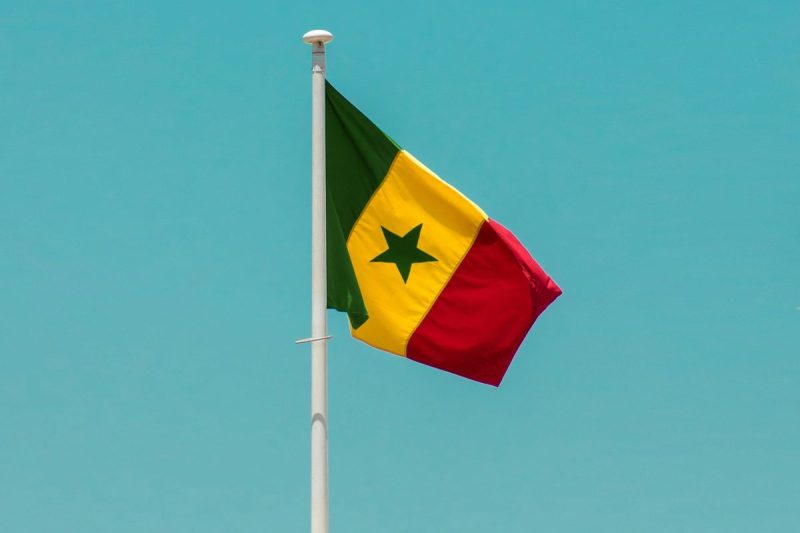Senegal Halts Mining Along Falémé River to Combat Environmental Degradation
Senegal has taken decisive action to address environmental degradation along the Falémé River, a critical waterway in the southeastern part of the country near the border with Mali.
Reuters reported on Wednesday (August 28) that the nation’s government has issued a decree suspending all mining activities within 500 meters of the river’s left bank until June 30, 2027.
In addition, no new mining titles will be issued in the affected area for the duration.
This suspension, which will last nearly three years, aims to preserve the environment and safeguard the health of local communities impacted by increasing pollution caused by mining operations.
The Falémé River is the primary tributary of the Senegal River, and has faced increasing threats due to the growing presence of artisanal miners in the area. Reuters notes that a report from Senegal’s press agency shows there are more than 800 illegal mine sites along both the Senegal and Mali sides of the river, up from 600 in 2021.
A gold rush has taken place over the past two decades, with thousands of people flocking to the region in search of fortune, leading to a boom in both legal and illegal mining operations. However, this influx has come at a high cost to the environment, with extensive dredging and chemical discharge contaminating the river.
The Falémé River is a lifeline for thousands of people in the Kédougou region, who rely on it for drinking water, irrigation and fishing. The suspension of mining in the area is a direct response to the growing concerns of local communities, which have been vocal about the environmental and health risks posed by the mining boom.
In addition to artisanal miners, several major mining companies operate near the Falémé River, contributing to the region’s economic activity. Major companies like Barrick Gold (TSX:ABX,NYSE:GOLD), IAMGOLD (TSX:IMG,NYSE:IAG) and AngloGold Ashanti (NYSE:AU,JSE:ANG) have established significant mining operations in the area, with large-scale gold mines such as Loulo-Gounkoto in Mali and the Boto, Gora and Golouma mines in Senegal.
The Loulo-Gounkoto complex, operated by Barrick, is one of the largest mining operations in the region, with 2024 production forecast at 510,000 to 560,000 ounces of gold. Located adjacent to the Falémé River, it includes two underground mines and a processing plant with a capacity of 5 million metric tons annually.
Senegalese authorities have indicated that they will use this suspension period to develop and implement strategies for more sustainable mining practices. These strategies are expected to include stricter regulations on the use of chemicals in mining, increased monitoring of mining activities and efforts to rehabilitate polluted areas.
Securities Disclosure: I, Giann Liguid, hold no direct investment interest in any company mentioned in this article.













